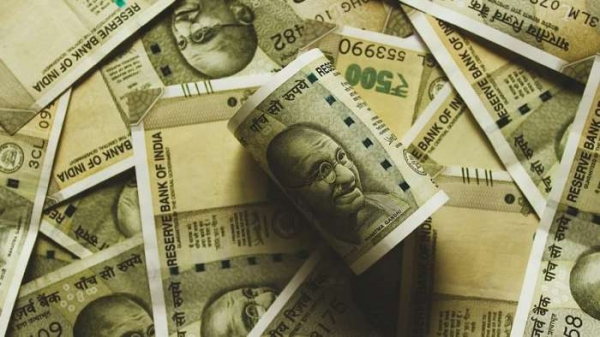Unexplained cash in your bank account? Be ready to pay up to 83% income tax
Apart from money, gold and other valuables, any cash credited in the taxpayer's books, for which no explanation is provided regarding its nature and source or t
- by B2B Desk 2020-08-24 16:34:51
Did you make a big unexplained cash credit in your bank account in the previous year? You may have to pay a heavy tax on that amount if the IT department finds it. According to Section 69A of the Income Tax Act, if it turns out that you own any cash, gold, jewellery or any valuable article in the previous year that was not recorded in your books, you either don't offer any explanation as to the nature and origin of this acquisition or if the Assessing Officer is not satisfied by such explanation, the money and value of the bullion, jewellery, or other valuable items may be deemed to be the taxpayer income for such year.
This unjustified money attracts a high income tax rate of 83.25% (60% tax + 25% surcharge + 6% penalty). However, a 6% penalty will not apply if the cash credit has already been included in the return of income and tax has been paid at or before the end of the prior applicable year.

Apart from money, gold and other valuables, any cash credited in the taxpayer's books, for which no explanation is provided regarding its nature and source or the tax authorities are not satisfied with the explanation provided by the taxpayer, will also be taxed heavily at the rate mentioned above. This cash inflow is called an "unjustified cash credit" under Section 68 of the Income Tax Act.
After the demonisation in 2017, when the government banned the ₹500 and ₹1,000 banknotes overnight, many taxpayers made huge cash deposits into their bank accounts which came under scrutiny by the Income Tax Department. The IT department then offered a deal to taxpayers to settle the litigation by paying their taxes on such undisclosed incomes without further questioning on such undisclosed incomes.
Also Read: Digital payments market in India likely to grow 3-folds to Rs 7,092 trillion by 2025
POPULAR POSTS
Loan EMIs to Drop as RBI Slashes Repo Rate - Full MPC December 2025 Highlights
by Shan, 2025-12-05 11:49:44
Zoho Mail vs Gmail (2025): Which Email Platform Is Best for Businesses, Startups, and Students?
by Shan, 2025-10-09 12:17:26
PM Modi Launches GST Bachat Utsav: Lower Taxes, More Savings for Every Indian Household
by Shan, 2025-09-24 12:20:59
$100K H-1B Visa Fee Explained: Trump’s New Rule, Clarifications & Impact on Indian Tech Workers
by Shan, 2025-09-22 10:11:03
India-US Trade Deal Soon? Chief US Negotiator Arrives in Delhi as Talks Set to Begin Tomorrow
by Shan, 2025-09-15 11:54:28
Modi Meets Xi: Trump’s Tariffs, Strategic Autonomy, and the Future of Asia’s Power Balance
by Shan, 2025-09-03 06:40:06
Google Claims Gemini AI Uses Just ‘Five Drops of Water’ Per Prompt, Sparks Debate
by Shan, 2025-08-22 12:34:27
RECENTLY PUBLISHED

Pine Labs IPO 2025: Listing Date, Grey Market Premium, and Expert Outlook
- by Shan, 2025-11-05 09:57:07

The Agentic Revolution: Why Salesforce Is Betting Its Future on AI Agents
- by Shan, 2025-11-05 10:29:23

Top 10 Insurance Companies in India 2026: Life, Health, and General Insurance Leaders Explained
- by Shan, 2025-10-30 10:06:42

OpenAI Offers ChatGPT Go Free in India: What’s Behind This Big AI Giveaway?
- by Shan, 2025-10-28 12:19:11

Best Silver Investment Platforms for 2025: From CFDs to Digital Vaults Explained
- by Shan, 2025-10-23 12:22:46





 Subscribe now
Subscribe now 